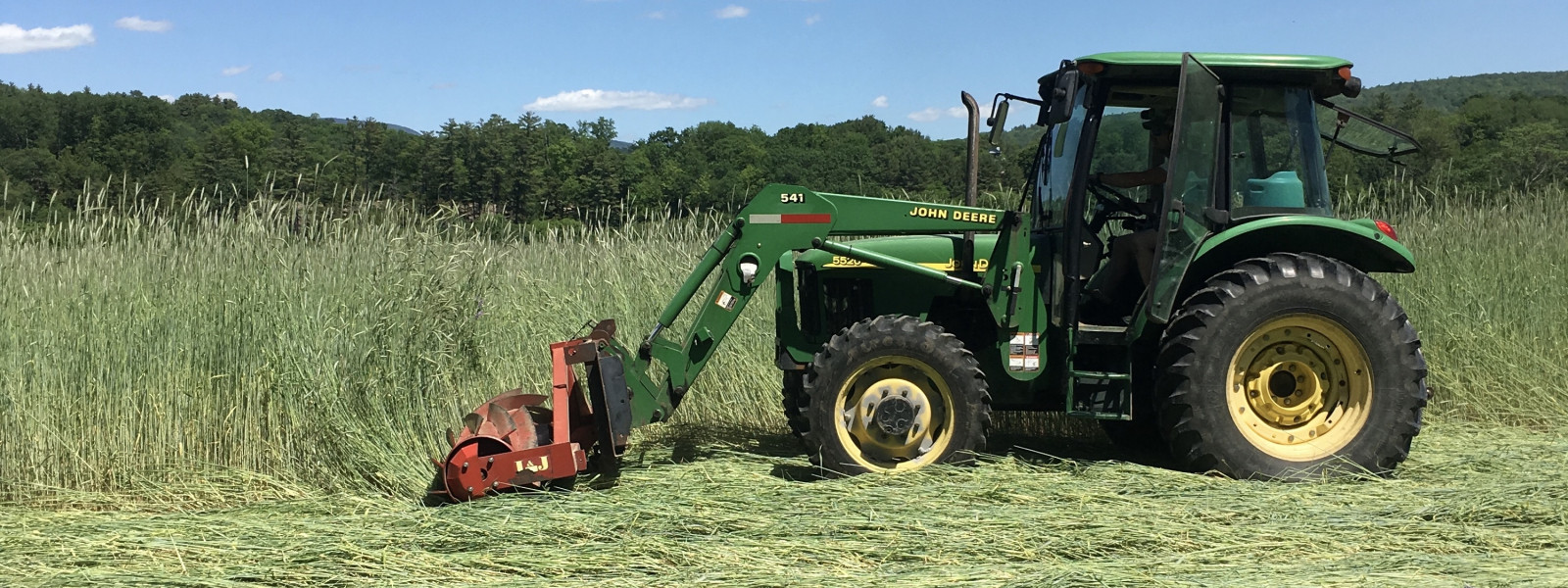
Tips
You searched for seed and found 28 tips.
- Planting Garlic – As the winters get shorter, we plant our garlic later. It used to be late September as the nights begin to cool and the light fades, but these days the best time to plant your garlic in the northern New England climate is more like mid October to early November. Encouraging strong root growth before the freeze helps to sustain healthy and vigorous spring growth. Seeing the first garlic shoots in the spring is one of our earliest spring green pleasures on the farm. Read more →
- Saving Seeds – Seed saving is a fun way to bring your gardening talents to the next level! Empower yourself and follow these simple tips to save seeds from some common and simple-to-process vegetables. Read more →
- Starting a Garden – Let us share some tips with you on how, and why, to start your own garden, and provide some helpful resources too. Read more →
- Succession Planting – Succession planting is a way to make the most of the space in your garden and always have tender, ripe crops to eat. Learn some tips from Cat about extending the harvest window in your garden for a variety of crops. This can also give you a little relief if you feel stressed about getting your garden in all at once. You aren’t late, you’re succession planting. Read more →
- Tomato Seed Saving – Saving seeds from your tomatoes is a great way to learn about the tradition of seed saving. Easy! Read more →
- Use a Trap Crop To Control Japanese Beetles – The Japanese beetle will happily consume over 300 species of plants, although they particularly love roses. Adult beetles will travel great distances to eat the soft parts of the leaves, leaving them looking almost skeletal. This tip focuses on using evening primrose as a trap crop. Read more →
- Winter Squash: Cooking Tips – Squash makes fall and winter meals so sweet and colorful. Here are some cooking tips to help you get the most out of these abundant fruits! Read more →
- Winter Squash: Saving Seed – Winter squash has harder skin than summer squash does; their flesh is firmer too and so needs to cook longer. The seeds are fully developed when the squash is ready to eat, whereas summer squash needs to be left on the vine well past the eating stage to complete the development of its seed. There are some technicalities to saving seeds from these squash. Read more →
